Reggio Calabria is a city rich in history. Its foundation dates back to 734 BC by the Greek Chalcidian. Since then, the city has always been resurrected on the same site, even after the disastrous earthquake of 1908 that utterly destroyed it. However, it was following this event that the vestiges of classical Reggio and of its rich history emerged. From there, the foundation of the Magna Grecia Museum soon after contributed to the culture and beauty of the Reggio area. Today, Reggio is a cultural city and not only thanks to its museum, but also the Pinacoteca Civica ("Civic Art Gallery"), the Castello Argonese (“Argonese Castle”), the Teatro Comunale (“Community Theatre”) and the Museo del Bergamotto (“Bergamot Museum”).
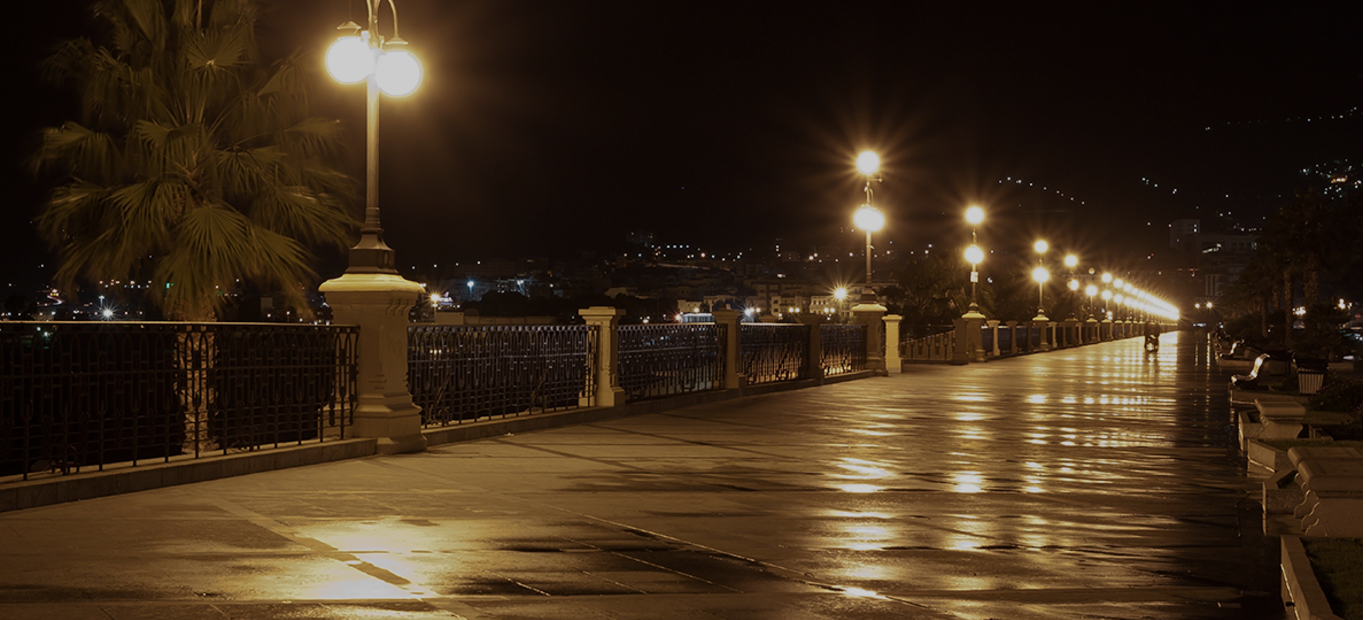
Numbers
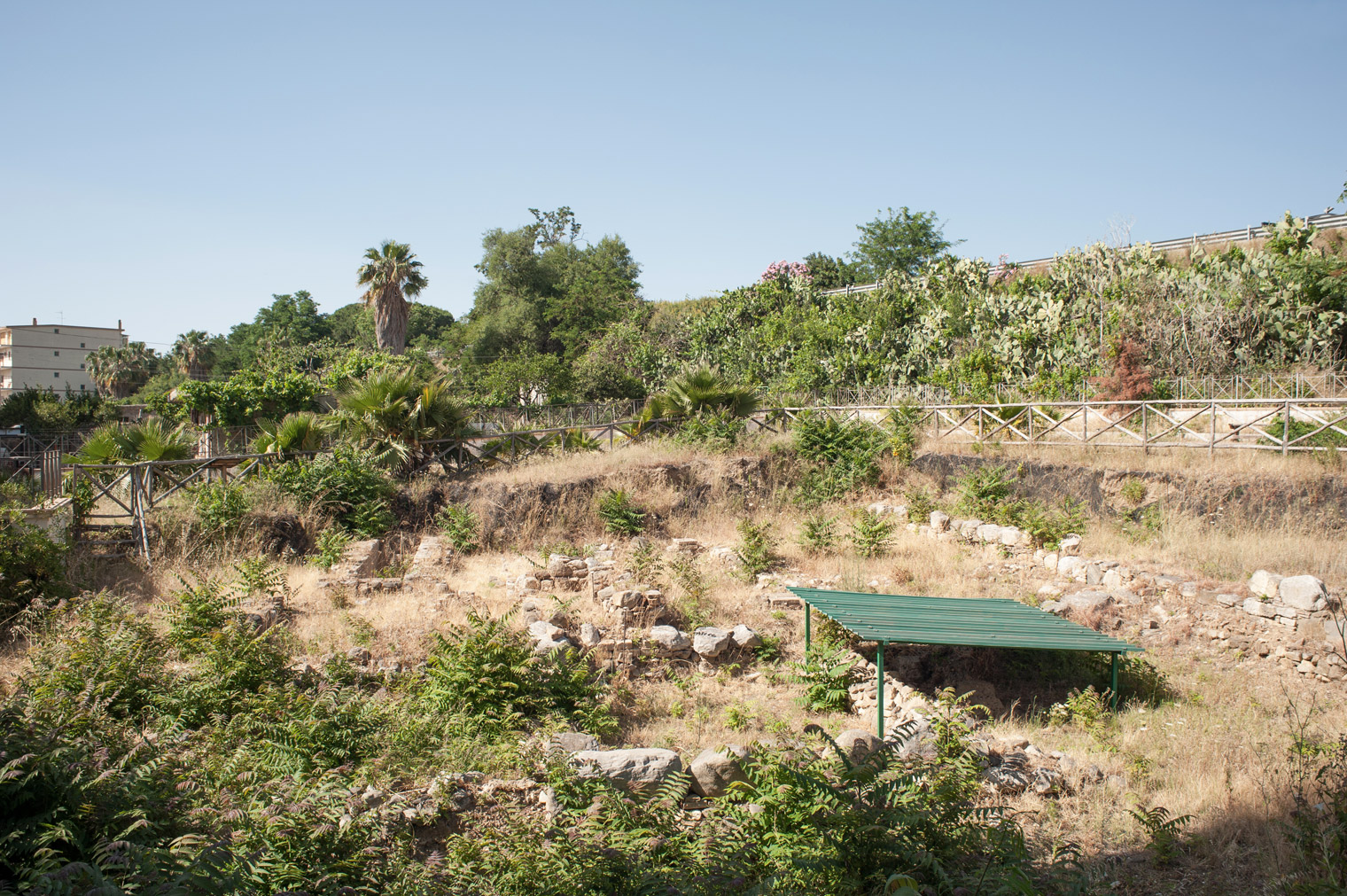
Not only the sea and wind
Pellaro is not only the Calabrian capital of kitesurfing; it is also an archaeological site that is of considerable prestige for having restored numerous artefacts from an uninterrupted timeframe that goes from 6th century BC to the late imperial age.
[...]
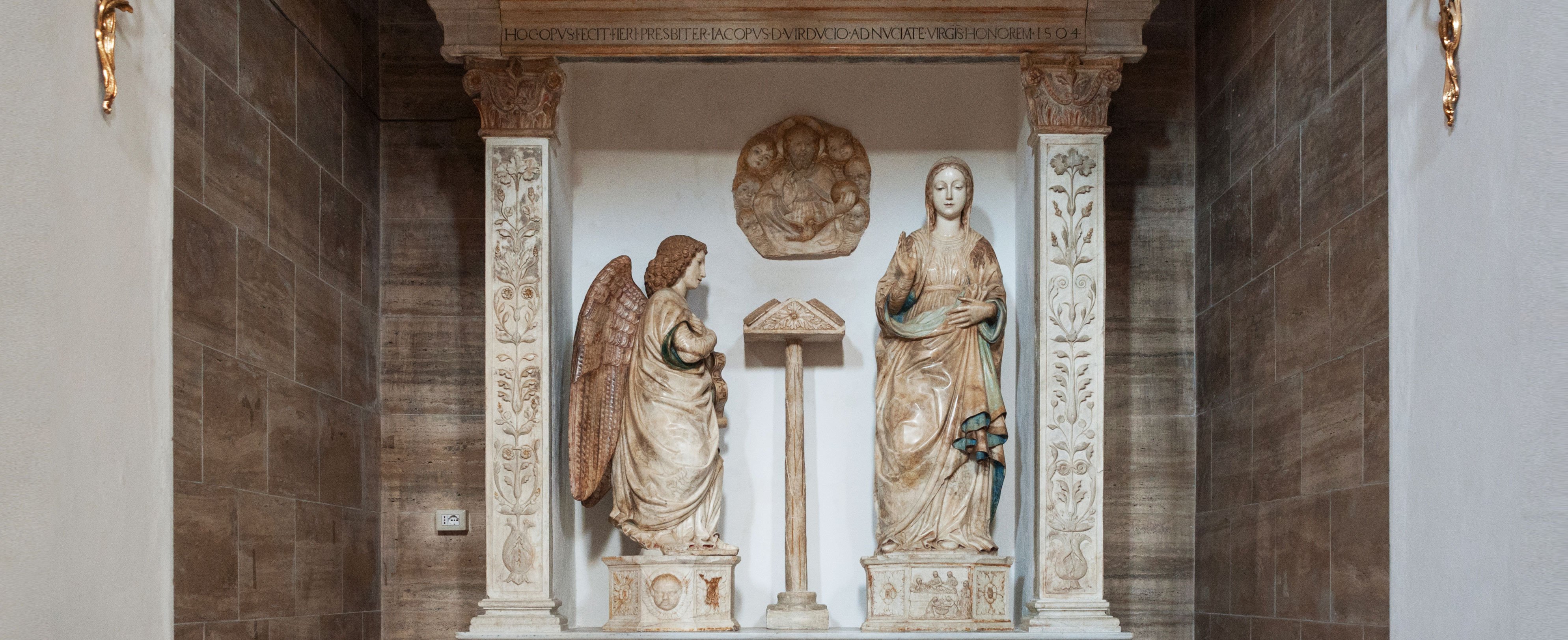
Renaissance masterpieces in Reggio
The province of Reggio Calabria preserves numerous masterpieces of Renaissance art; among these, the numerous statues that were created by the skilful hands of Antonello Gagini, which are housed in various places of worship, undoubtedly have a prominent place. Antonello Gagini, defined in the biogra [...]
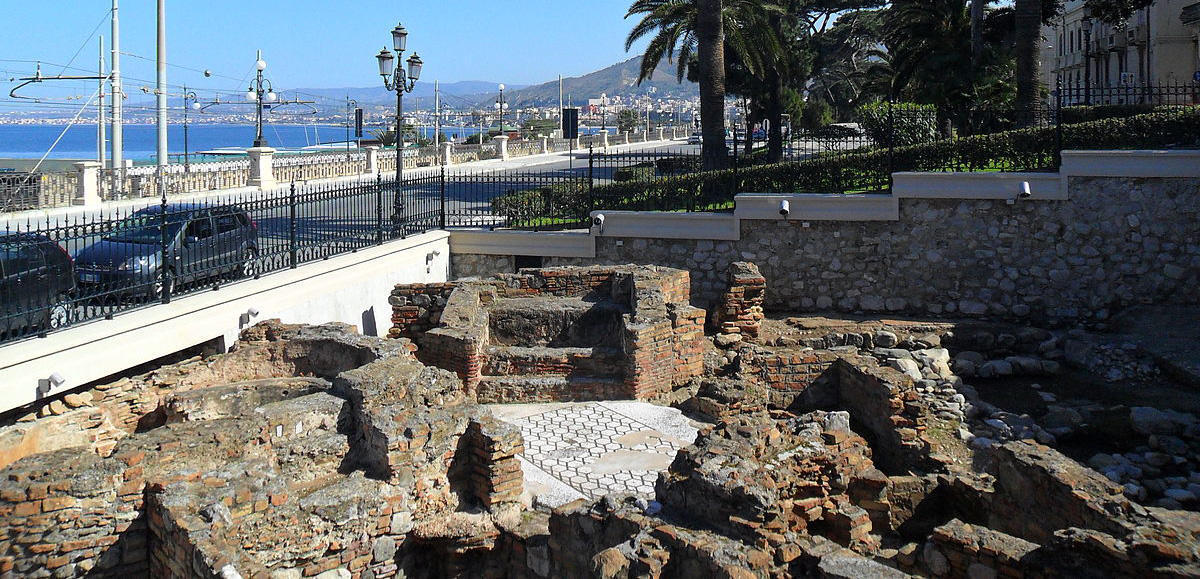
Roman Baths
Located at the end of the Falcomatà waterfront and discovered during the reconstruction works following the 1908 earthquake, the Roman Baths are one of the most famous city monuments of Reggio Calabria.
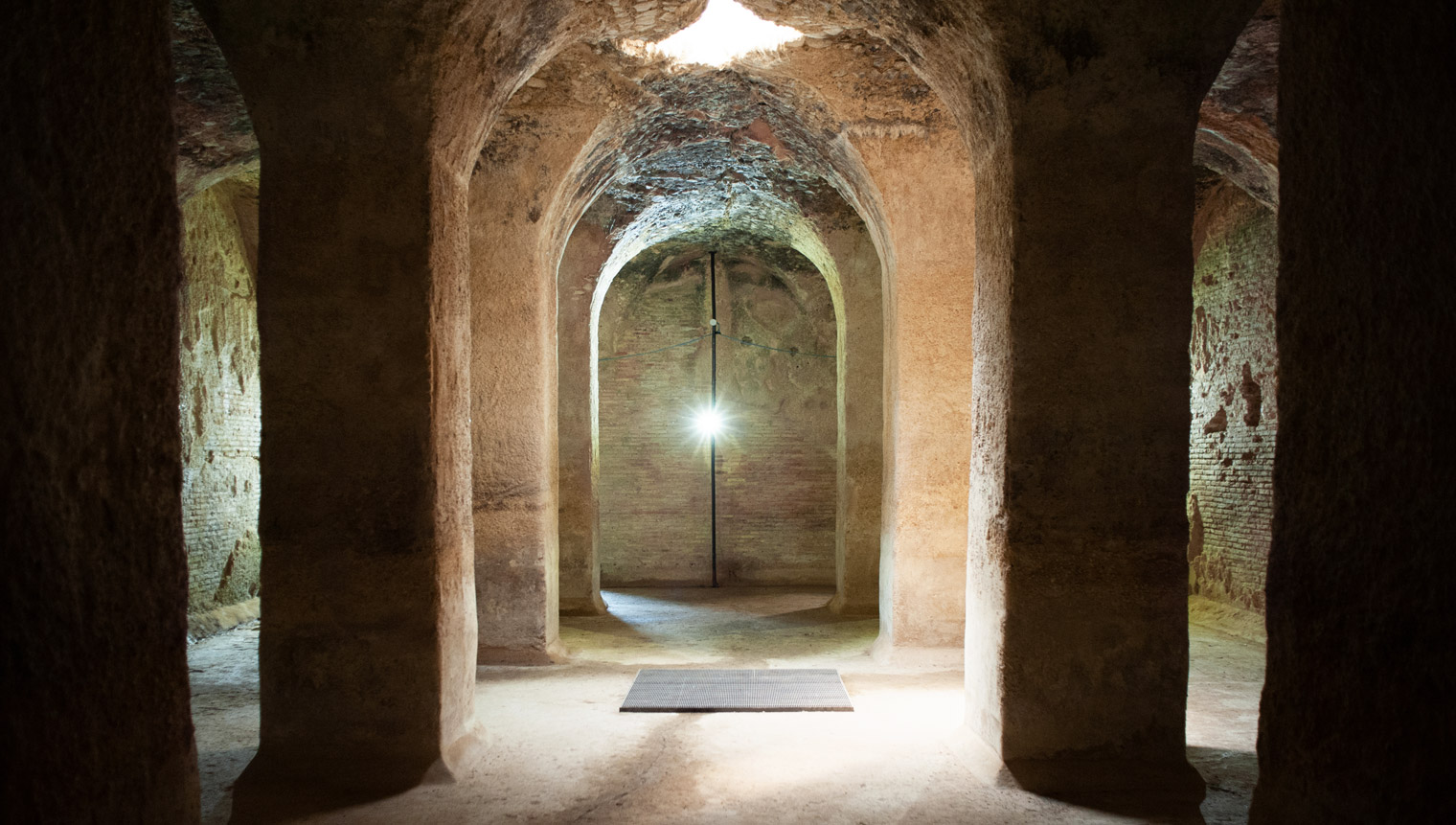
The archaeological area of Naniglio
Built in the late first century BC, the Villa of the “Naniglio” reached its maximum splendour in the third century A.D. The main attraction of the villa is a huge, well preserved water reservoir, comprised of a central nave and two lateral aisles.
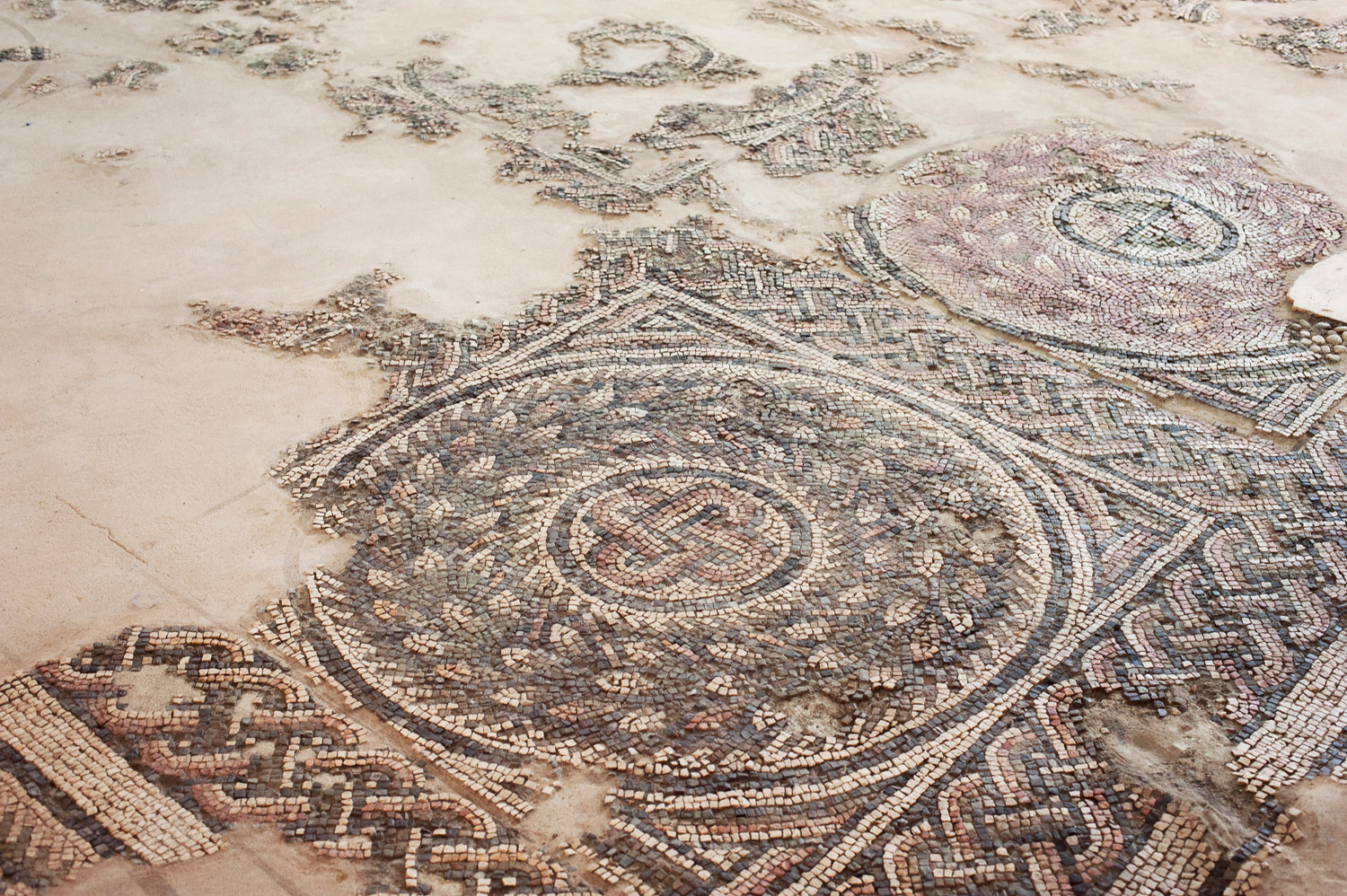
The Archaeological Park of Archeoderi
The Archeoderi Archaeological Park in Bova Marina, 40 km away from Reggio Calabria, is one of the sites of greatest historical interest in the region. Its discovery, in the 1980s, provided new insight on the Jewish presence in Calabria through the centuries.
[...]
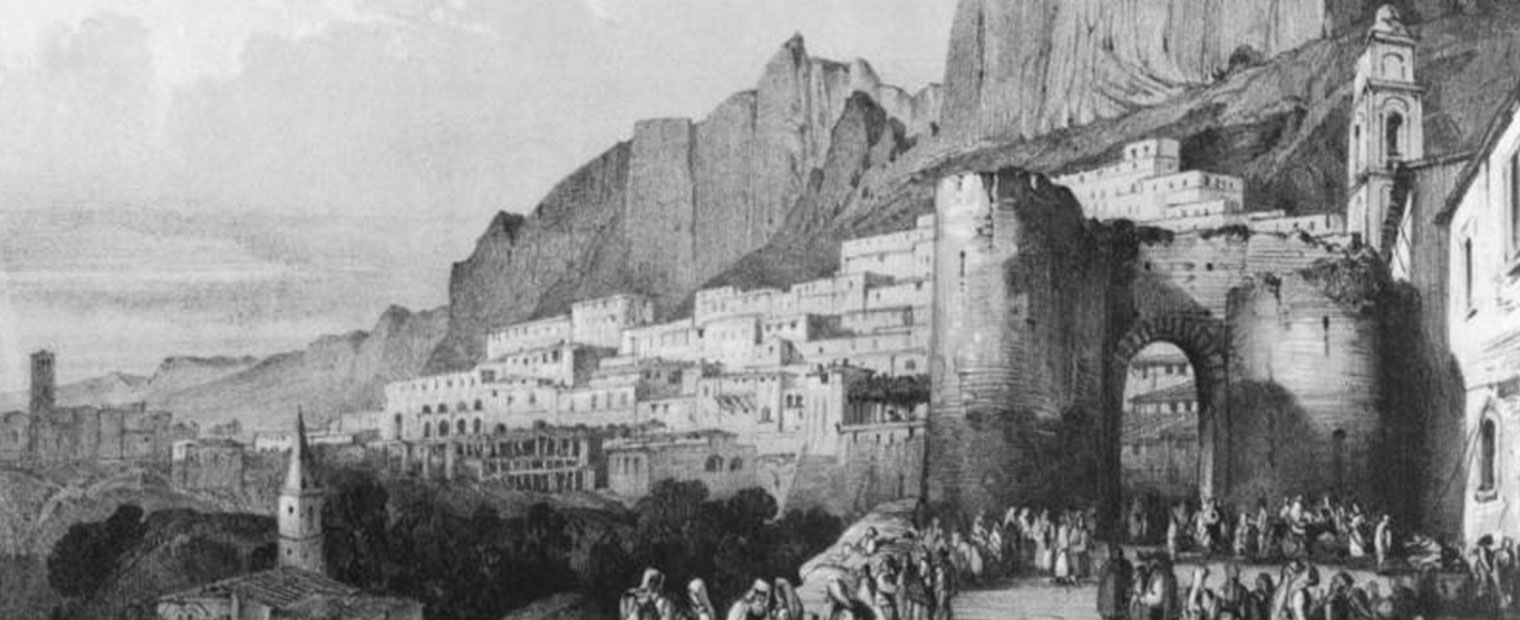
From all over Europe to the deep South
The expression “Grand Tour” refers to the travel experiences undertaken since the 18th century by many intellectuals and adventurers of the European bourgeoisie before, and American after, who chose Italy and Greece as elective homelands as a means of completing their human and cultural education an [...]
